
A climate change training and awareness creation programme has been organized for students of the Junior High School Division of Vision Seed Academy in Accra.
The prgramme, was a collaboration between the Institute of Green Growth Solutions (IGGS) - a registered non-governmental, non-partisan, independent policy think tank that promotes a sustainable approach to development through research, technical assistance, capacity building and advocacy - and the Kondrad Adenauer Stiftung (KAS) Foundation, a think-tank for deepening development co-operation.
The awareness-creation seminar, which formed part of a project to create awareness among Ghanaian school children on the link between environmental degradation and climate change and the impact of climate change on socio-economic development, was on the theme: 'Building Resilience to Climate Change in Ghana'.
In his opening remarks, Mr Henry Bortey Otchwemah, Environmental Consultant, IGGS said IGGS and its Network of Associates, remained committed to promoting a sustainably-co-ordinated effort locally, continentally and internationally in combating current trends in climatic changes.
Mr Otchwemah said through its numerous works in climate change, IGGS had pushed forward the national agenda to enhance citizens' adaptation and resilience through reduced vulnerability to climate change and its impacts.
He added that IGGS was continuously dedicated to championing a course of action geared towards a world capable of effectively managing the climate change risks of all forms.
He said IGGS was also committed to driving and working towards the 2030 Agenda for sustainable development and the Sustainable Development Goals (SDGs) in Africa.
Mr Otchwemah said IGGS, over the past years, had ensured that the interest of the environment was considered at all times in national decision-making processes, especially regarding development.
He said IGGS was keen on helping achieve a cleaner environment 'for all and by all' through awareness creation and education and to contribute to ensuring that the objectives of the national, continental and international environmental policies were achieved.
In a presentation, Mr Leonard Hasu, Operations Manager, IGGS, noted that unsustainable exploitation of the forests through timber extraction or shifting cultivation exposed the land to the fierce rays of the sun which, in turn, reduced evapo-transpiration and disturbed the water-cycle, leading to droughts and uncertain weather patterns.
Mr Hasu cited plastic pollution, illegal mining called 'galamsey', unbridled silting of lakes, lagoons and rivers by run-offs and domestic spillage of effluents, among others, as responsible for climate change and its attendant developmental constraints.
In another presentation, Ms Sandra Kesse, Consultant, IGGS, explained climate change resilience as to adapt, reorganize, and evolve into more desirable configurations that improved the sustainability of the system, leaving it better prepared for future climate change impacts.
Ms Kesse noted that with the rising awareness of climate change impacts by both national and international bodies, building climate resilience had become a major goal for these institutions.
She said the key focus of climate resilience efforts was to address the vulnerability that communities, states, and countries currently had with regards to the environmental consequences of climate change.
She said to address water stress and desertification and to overcome the threat to livelihoods and increased poverty, there was the need to practice rain water harvesting, use energy-efficient products and embark on massive tree planting.
Ms Kesse, therefore, urged the students to become change agents by being part of efforts to practice sound environmental habits and to influence others to do same.
The term "climate change" is often used to refer specifically to anthropogenic climate change (also known as global warming). Anthropogenic climate change is caused by human activity, as opposed to changes in climate that may have resulted as part of Earth's natural processes
In this sense, especially in the context of environmental policy, the term climate change has become synonymous with anthropogenic global warming. Within scientific journals, global warming refers to surface temperature increases while climate change includes global warming and everything else that increasing greenhouse gas levels affect.
Source: ISD (G.D. Zaney)
Read Full Story
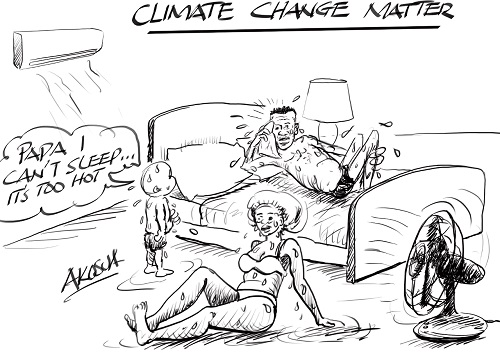
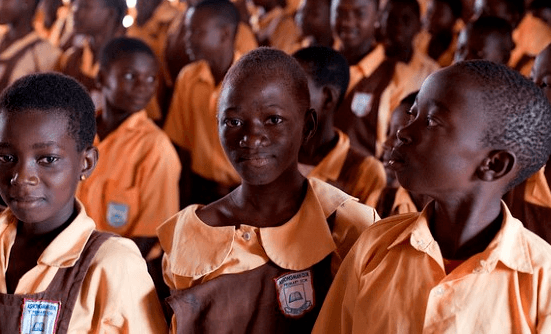
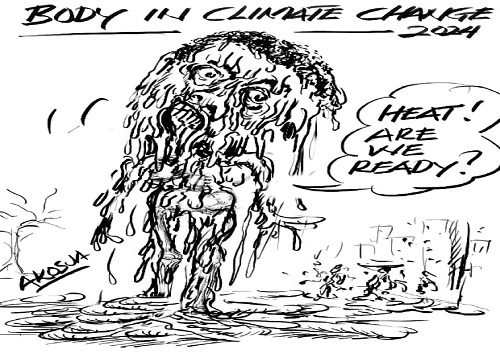

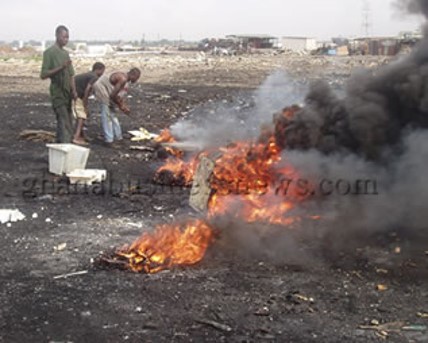




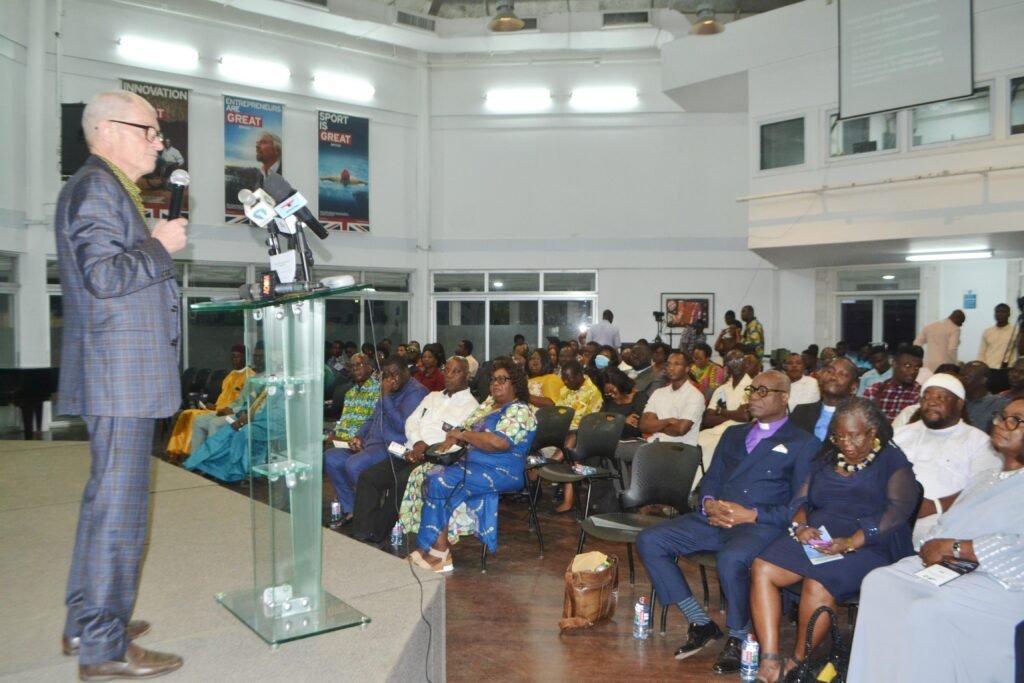





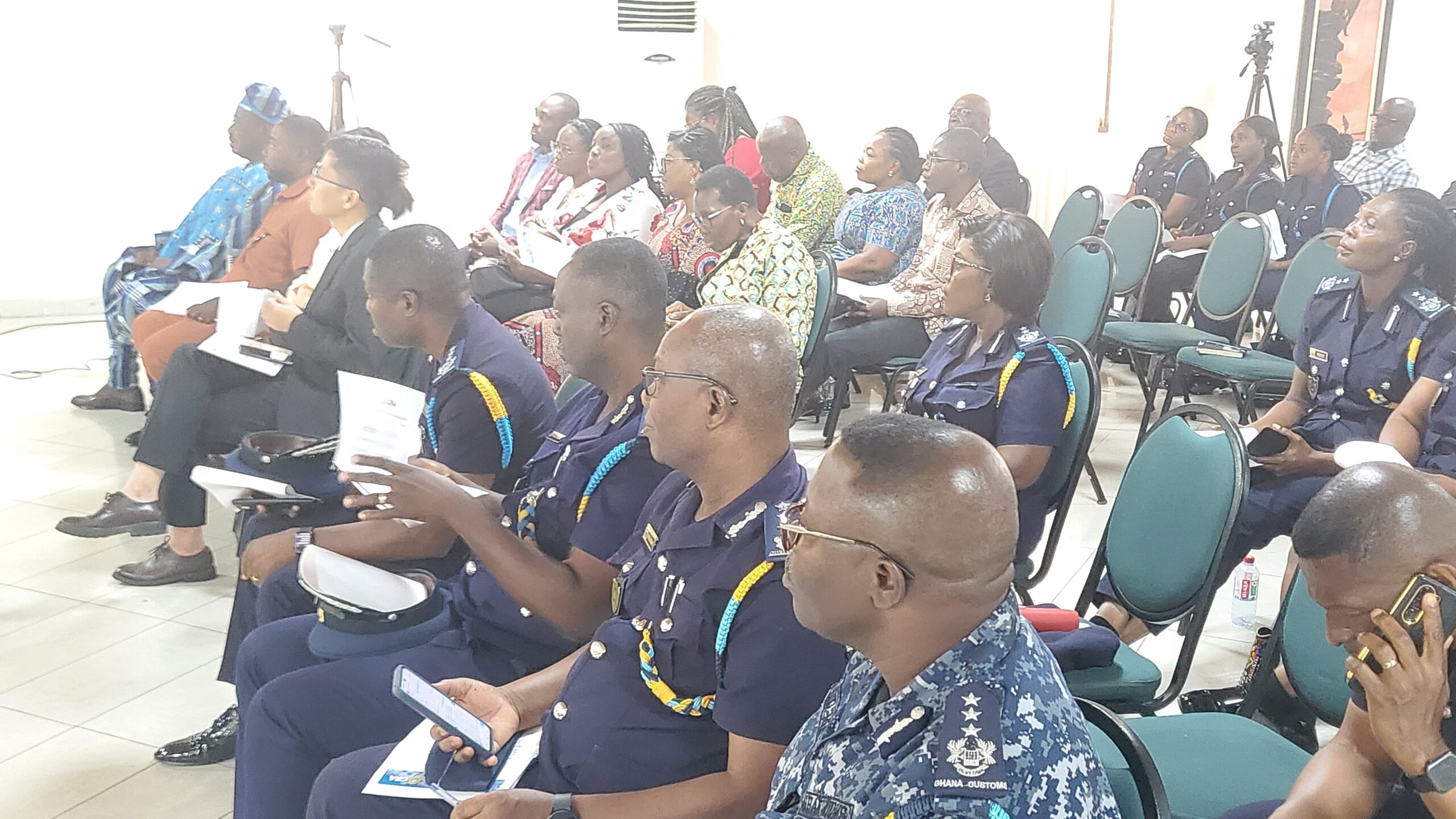



Facebook
Twitter
Pinterest
Instagram
Google+
YouTube
LinkedIn
RSS